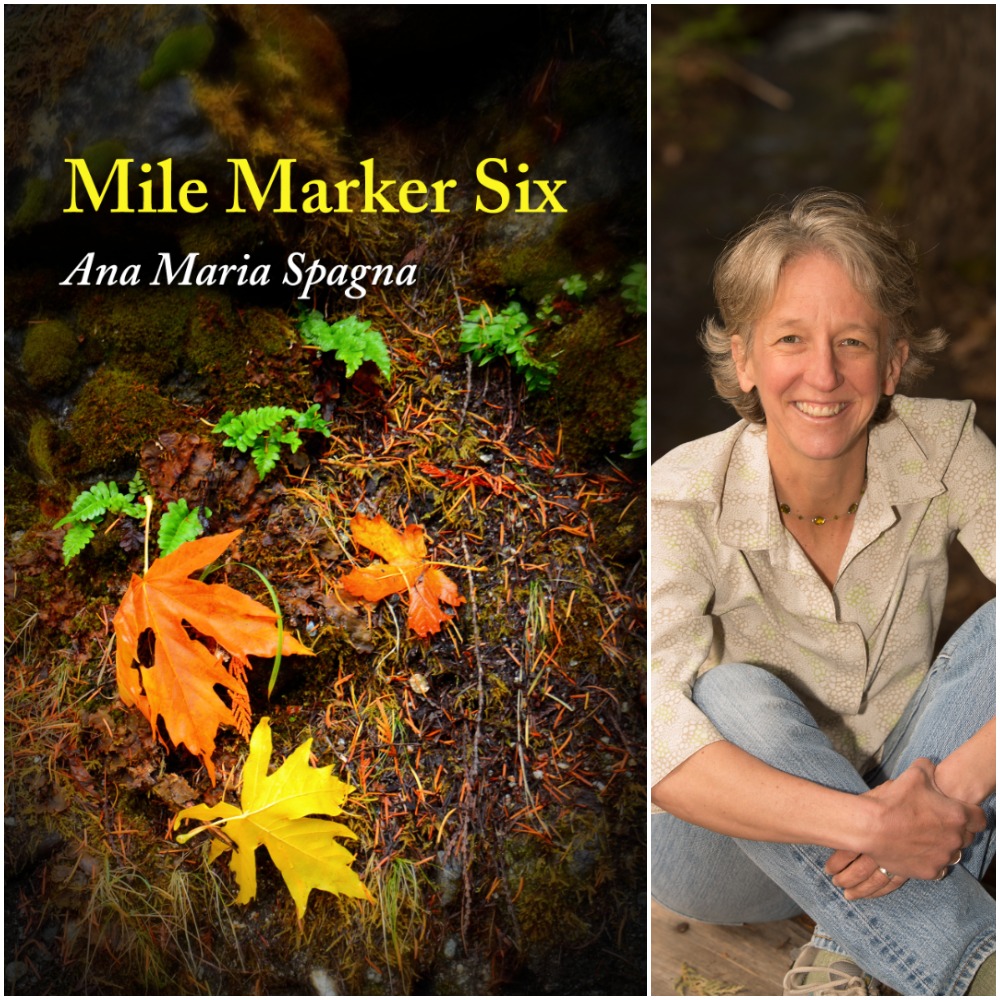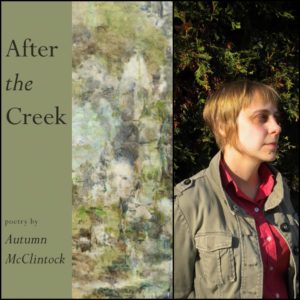From Rancho Cucamonga to the Lost Coast, from the scablands to Tupshin Peak, Ana Maria Spagna’s debut poetry collection quakes with the full magnitude and magnificence of a life spent up close and personal with nature. Coyote pups “nose into rattlesnake weeds” and mud bees nest in knotholes under a “sky awash in waves of stars.” Taut lines etch an account of contemporary life in the Anthropocene, chronicling humanity’s effect on the earth, and just as importantly, the earth’s effect on us. “How rarely, now, we drop to our knees,” Spagna laments, “to protect what’s ours,” though she reminds us that “None of it is ours!” Tender in their recollections and observations, these poems teem with the poignancy, precision, and clarity of cut diamonds or, more accurately, splitting “a fir needle lengthwise to spare it harm.” Pulsing. Dazzling. Fierce.
–Jill McCabe Johnson, author of Revolutions We’d Hoped We’d Outgrown and Diary of the One Swelling Sea
“Having read some of the poems that have become Ana Maria Spagna’s At Mile Marker Six since their beginnings, I can advise the reader to follow—follow her anywhere, into the deep, over the edge, back to brass tacks, and forward into the somewhere that is a dream of the each and the every. Most crucially—and with a sacredness she invents through her clear-eyed, open-hearted looking—follow Spagna’s language to its precise and lyrical root. Such is her capaciousness that the poet invites us to introduce what is known to what is felt, and that is where love roosts, not just for us, but for every made, built, or born thing.”
–Carol Ann Davis, author of The Nail in the Tree, Atlas Hour, and Psalm
Ana Maria Spagna’s words invite the reader to embrace the intrigue of the wider world. Her poems are not pretty for pretty’s sake, nor do they distract the reader from things often considered ugly. Love, wonder, and the wild are sacred but also sometimes dirty and dead. Is it dirt or is it soil? To some, it is dirt if it is smeared on your face, but soil if we are planting in it. Spagna’s poems impress upon us this: it is always dirt and it is always soil. She takes the world and pokes at it with a trailside stick – forcing us to pay attention, to gaze, to engage with each object of her noticing.
–Mara Panich, author of Blood is Not the Water






Reviews
There are no reviews yet.